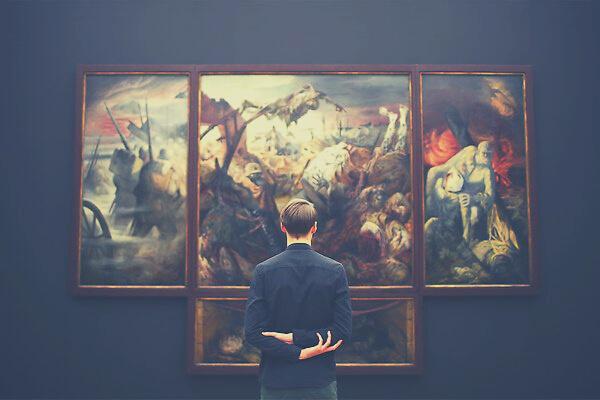ENGLISH& PHILOSOPHYCOURSES

S P R I N G 2 0 2 4




The Department of English and Philosophy at Auburn University at Montgomery prepares students for thoughtful engagement with diverse, multicultural communities and issues through highimpact, community-engaged teaching and learning and through advances in research in literature, rhetoric and composition, creative writing, professional and technical writing, digital humanities, and philosophy.
We are an interdisciplinary community that values and promotes the study of literature, rhetoric and composition, professional and technical writing, creative writing, digital humanities, and philosophy
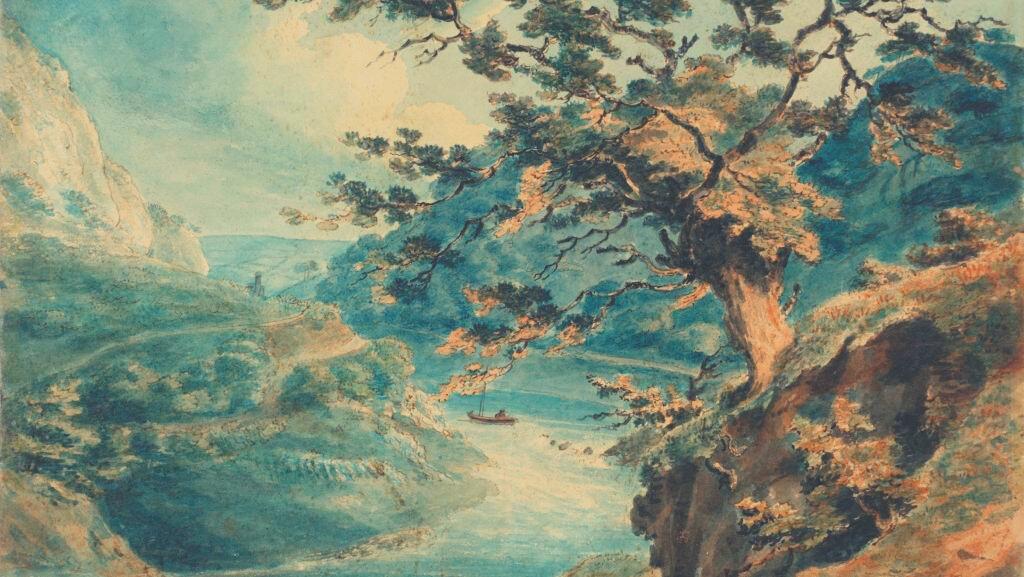
We offer an undergraduate major in English as well as three minors: Creative Writing, Language and Literature, and Philosophy. We also offer an undergraduate certificate in Professional and Technical Writing, with a distinctive focus on community-engaged and public-facing projects . We are actively seeking to expand our initiatives in digital humanities and in creative writing
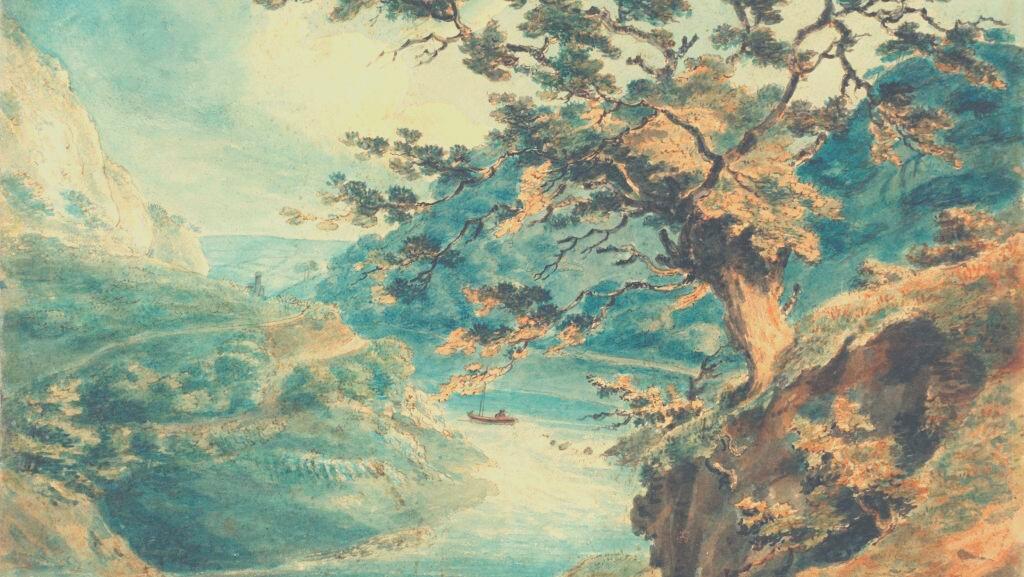
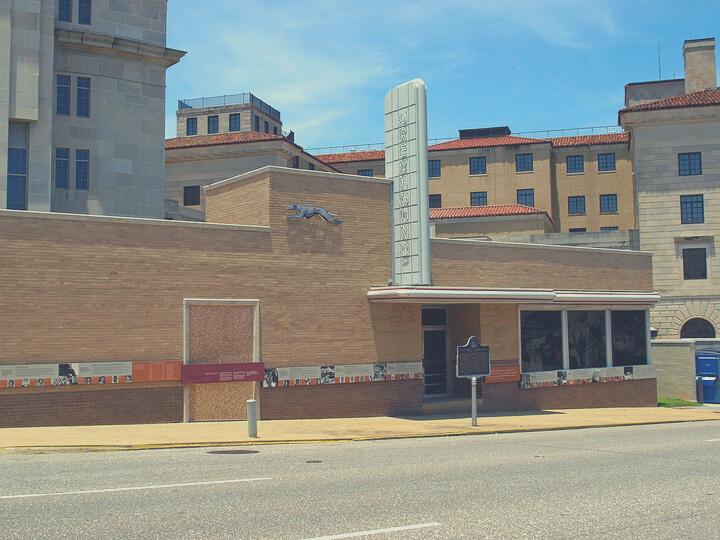
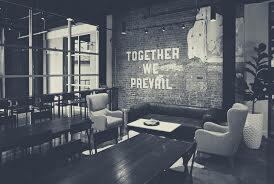
ENGL 1010: ENGLISH COMPOSITION I VARIOUS INSTRUCTORS
ENGL1010 is a first-year writing course focused on introducing students to the concepts and practices of rhetoric and composition. The course prepares students to compose texts in a variety of genres for various purposes, audiences, and contexts, including digital environments The course emphasizes analytical and critical skills: rhetorical analysis, critical thinking, argument, and reflection
ENGL 1011: WRITING STUDIO VARIOUS INSTRUCTORS
This is the Writing Studio extension of your English 1010 course. A writing studio is designed to provide guided practice and support as you learn, write, and revise Writing is hard work and takes time, especially when learning to write in new ways. In our writing studio, you’ll have time to deepen your understanding of and further develop the strategies introduced as part of your writing projects from 1010. Designed to be a workshop classroom where both conversation and writing happen, English 1011 will provide students with opportunities to engage with reading and writing strategies in conjunction with their ENGL 1010 course.
ENGL 1020: ENGLISH COMPOSITION II
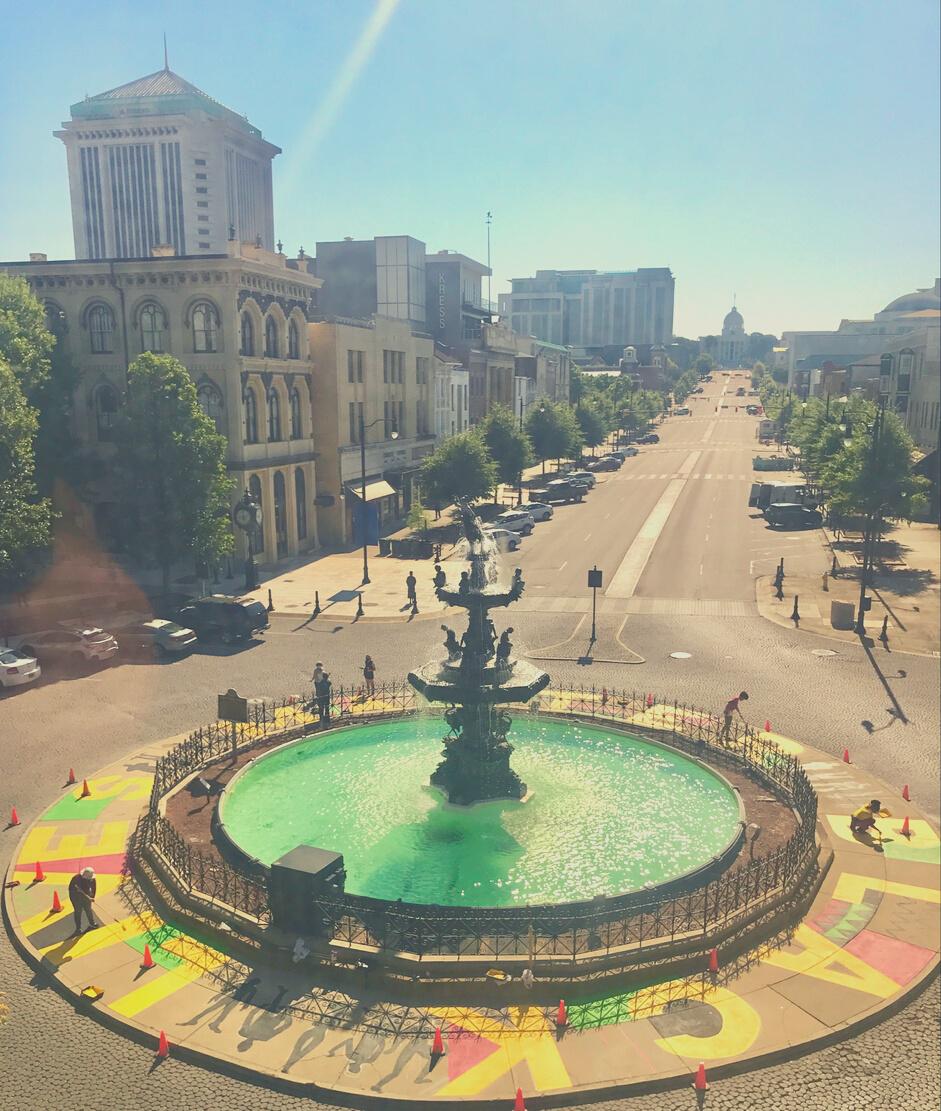
Prerequisite: ENGL 1010, with minimum grade of C ENGL 1020 focuses on developing academic research writing skills that students will utilize in their academic and professional contexts. The course introduces students to the methods, strategies, and skills required to conduct an informed inquiry: critical reading, critical analysis, synthesis, constructing a researchbased argument, and reflection.
ENGL 2530: SURVEY OF ENGLISH LIT I VARIOUS INSTRUCTORS
Prerequisite: ENGL 1010/1020, with minimum grade of C
ENGL 2530 offers students an overview of British literature from the medieval period through the 18th century. Courses may be themed around specific subjects, but all course offerings are introductory courses in which students will learn the basics of literary terminology, close reading practices, broad knowledge of specific literary eras and historical and cultural contexts, and effective writing skills.
ENGL 2540: SURVEY OF ENGLISH LIT II VARIOUS INSTRUCTORS
Prerequisite: ENGL 1010, with minimum grade of C
ENGL 2540 offers students an overview of British literature from the Romantic period to the present. Courses may be themed around specific subjects, but all course offerings are introductory courses in which students will learn the basics of literary terminology, close reading practices, broad knowledge of specific literary eras and historical and cultural contexts, and effective writing skills.
ENGL 2570: SURVEY OF AMERICAN LIT I VARIOUS INSTRUCTORS
Prerequisite: ENGL 1010, with minimum grade of C
ENGL 2570 offers students an overview of American literature from its colonial beginnings to 1865. Courses may be themed around specific subjects, but all course offerings are introductory courses in which students will learn the basics of literary terminology, close reading practices, broad knowledge of specific literary eras and historical and cultural contexts, and effective writing skills
ENGL 2580: SURVEY OF AMERICAN LIT II VARIOUS INSTRUCTORS
Prerequisite: ENGL 1010, with minimum grade of C
ENGL 2580 offers students an overview of American literature from 1865 to the present. Courses may be themed around specific subjects, but all course offerings are introductory courses in which students will learn the basics of literary terminology, close reading practices, broad knowledge of specific literary eras and historical and cultural contexts, and effective writing skills
ENGL 2600: SURVEY OF WORLD LIT I VARIOUS INSTRUCTORS
Prerequisite: ENGL 1010/1020, with minimum grade of C
ENGL 2600 offers students a study of world literature from multiple continents and especially from non-Western literatures from the ancient world to the 17th century. All course offerings are introductory courses in which students will learn the basics of literary terminology, close reading practices, broad knowledge of specific literary eras and historical and cultural contexts, and effective writing skills.
ENGL 2610: SURVEY OF WORLD LIT II
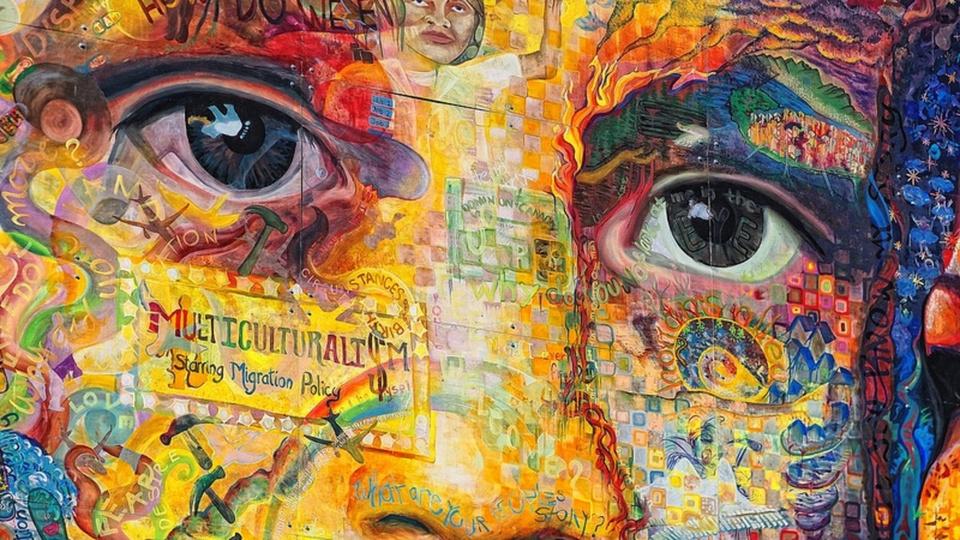
VARIOUS INSTRUCTORS
Prerequisite: ENGL 1010, with minimum grade of C
ENGL 2610 offers students a study of world literature from multiple continents and especially from non-Western literatures from the 17th century to the present. All course offerings are introductory courses in which students will learn the basics of literary terminology, close reading practices, broad knowledge of specific literary eras and historical and cultural contexts, and effective writing skills
ENGL 2670: SURVEY OF AFRICAN AMERICAN LIT I VARIOUS INSTRUCTORS
Prerequisite: ENGL 1010/1020, with minimum grade of C
ENGL 2670 offers students a study of African American Literature from the 18th century to 1910. All course offerings are introductory courses in which students will learn the basics of literary terminology, close reading practices, broad knowledge of specific literary eras and historical and cultural contexts, and effective writing skills.
ENGL 2680: SURVEY OF AFRICAN AMERICAN LIT II
VARIOUS INSTRUCTORS
Prerequisite: ENGL 1010, with minimum grade of C
ENGL 2680 offers students a study of African American Literature from 1910 to the present. All course offerings are introductory courses in which students will learn the basics of literary terminology, close reading practices, broad knowledge of specific literary eras and historical and cultural contexts, and effective writing skills.
ENGL 3070: INTRO TO LINGUISTICS
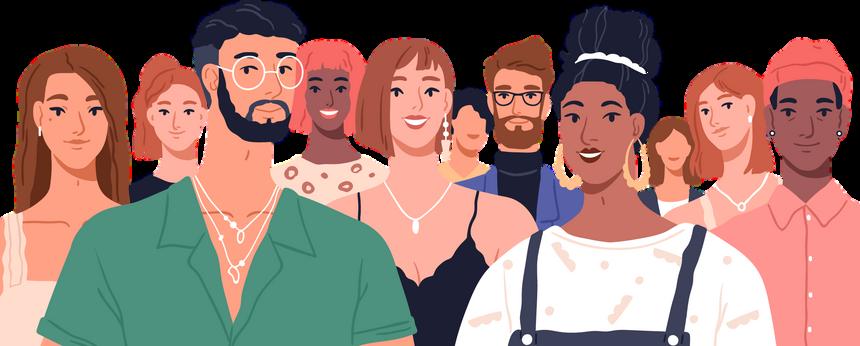

DR. MICHEL AAIJ
Introduction to Linguistics offers an overview of the terminology, tools, and concerns of contemporary linguistics. It covers such topics as phonology, syntax, and parts of speech, as well as theories on language formation and variation. We discuss the difference between prescriptive and descriptive attitudes, and we study social aspects such as the difference between dialect and language and the prejudice against varieties of English spoken by lower classes, regional speakers, and speakers of color On its own, the class is an introduction to the field of linguistics, and gives students the tools to study linguistic aspects of literature and rhetoric; it is also a very good preparation for more advanced classes in linguistics.
Majors must take ENGL 3070, Advanced English Grammar (ENGL4050), or History of the English Language (ENGL 4070).
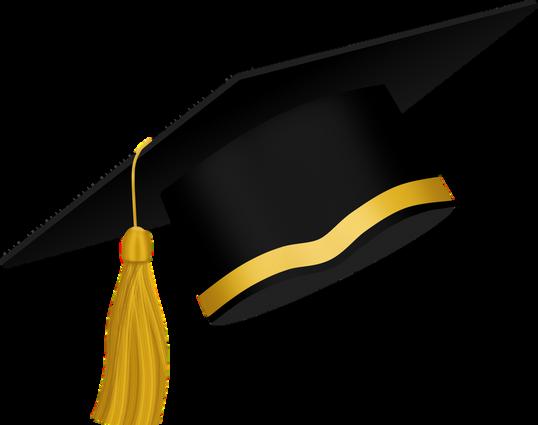
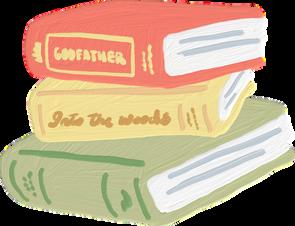
ENGL 4950: CAPSTONE
What do I do with an English major? The Capstone course blends student learning with immersion, serving as both an academic endeavor and a stepping stone in the student’s plans post-graduation. We’ll discuss the skills learned in English classes and how to transfer those skills to a variety of careers. Students will be able to demonstrate their learning gained from the major in the following areas: critical and creative thinking; effective communication; making local and global connections to literature; and understanding responsibilities to diverse populations and conversations. Majors must take ENGL 4950 as a senior in their program of study.
HEATH FOWLER
This course is designed to help students effectively organize and communicate technical information. This refers both to information about technical topics as well as communication related to technique-oriented skills and tasks. The course will give students experience in several genres and may include assignments such as technical descriptions, document redesign, proposals, and reports. There will be an emphasis on research, style, and organization strategies, with attention given to visual presentation of information and interpretation of data.
ENGL4150/6150:
PEDAGOGY OF BASIC WRITING
DR. SHANNON HOWARD
Ever wonder how colleges determine the status of basic or remedial writers? What about how such labels have lasting effects? Who gets to decide what kind of remedial student is represented in culture and in our American history? This course critiques the “deficit” model associated with basic writing classes and demonstrates how we might better meet students where they already are. As a result, this class becomes useful for anyone interested in working with writers high school teachers, college teachers, tutors, and more. You’ll find out the real ‘T’ on why this area of pedagogy has a checkered past and why it remains controversial today. Then you’ll imagine how you can be part of the solution
ENGL 4973/6973: EDITING & EDITORS
DR. AMY LOCKLEAR
If you think editing is just red-lining words and mandating Oxford comma use, this is a chance to explore new (and hopefully less threatening) ways to learn about editing as a rhetorical practice This course is designed to provide both lessons and practice in the art of editing, covering a range of styles and situations that include university presses, trade books, magazines, and digital publishing. We will hear from practicing experts from a number of fields and explore ways to take your knowledge from classroom to career.
ENGL 6913: COMPOSITION PRACTICUM
ELIZABETH BURROWS
ENGL 6913 is designed to prepare graduate students to teach writing at the college level This course is necessarily interactive, and students will teach each other mini-lessons while they craft their own teaching materials using the conceptual learning and classroom experiences accumulated throughout the semester. Class sessions and assignments will help find a workable balance between principles and practices in teaching in a collaborative and encouraging environment
DR. KENT QUANEY
In this class you will read current exemplary writers of poetry, fiction, nonfiction, and drama, and explore the effective use of craft elements such as voice, setting, imagery, dialogue, point of view, and narrative structure. You will then apply this knowledge to your own artistic process and create your own original works.
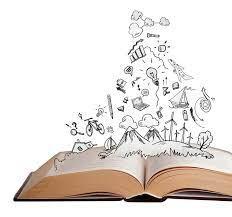
ENGL
DR. KENT QUANEY
Ever wonder if you have the stuff to be the next Tolkien? The next Jane Austen? Or maybe the next John Green? Ever dabbled in fan fiction and wondered if you might take it a step further? In the Fiction Writing Workshop you’ll be able to explore your ideas with a welcoming and open-minded writers group and learn how to refine your technique through focused discussion and practice of the writer’s craft. Students will address numerous concepts such as character development, plot, dialogue, voice, metaphor, allusion, setting, and many other components of successful fiction through the reading of exemplary writers and the submission of original works for open discussion in the workshop setting. All genres and styles of writing welcome and encouraged.

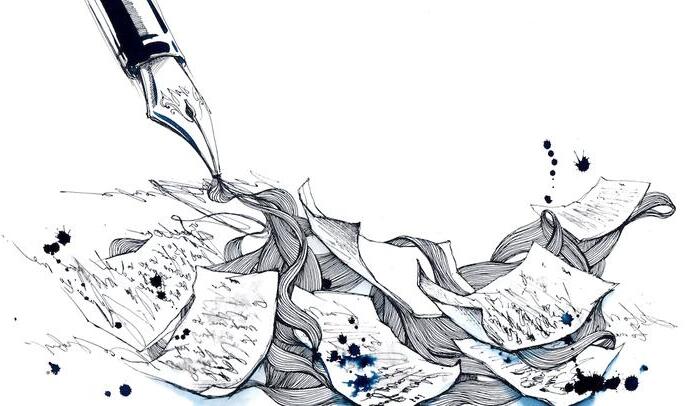
DR. KENT QUANEY
The goal of Creative Nonfiction as a literary art is to move beyond the facts and explore the human experience in real events. Creative nonfiction uses the tools of fiction and poetry to explore the truth in such genres as memoir, personal essays, biography, literary journalism, podcasts, graphic novels and other hybrid digital projects in ways that will engage the audience both intellectually and artistically. In this course, we will explore different forms of creative nonfiction through readings of exemplary authors, and will have the opportunity to write in a variety of creative nonfiction genres, exploring the different possibilities, constraints, and ethical considerations of these genres for both writers and readers. The class will culminate in developing and revising a creative nonfiction piece for potential publication.
DR. JOYCE KELLEY
Prerequisite: ENGL4010, 4020, 4040, or department approval
This course continues the study of the craft of poetry writing from the introductory poetry workshop. It will help students further advance their skills as readers and writers of poetry. Our course of study will include voices of contemporary poets Students will practice forms of poetry not covered in the introductory section of the class and will additionally hone their poetic craft by creating a chapbook at the end of the term.
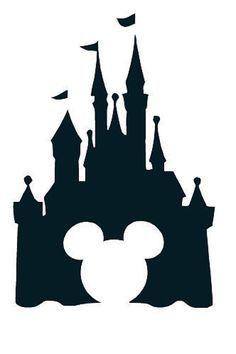
DR. DARREN HARRIS-FAIN
What do these movies have in common?
Snow White and the Seven Dwarfs, Pinocchio, Cinderella, 20,000 Leagues under the Sea, Sleeping Beauty, Mary Poppins, Peter Pan, Treasure Island, Alice in Wonderland, Old Yeller, The Jungle Book, Something Wicked This Way Comes, The Little Mermaid, and The Hunchback of Notre Dame
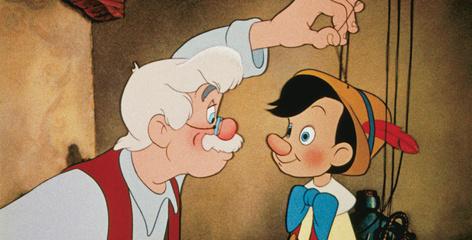
They’re all Disney films and these and dozens of others are based on novels, short stories, and other sources. (Hamlet and The Lion King, anyone?)
In this course, we’ll explore ideas about film adaptations of literature, using Disney films and selected literary works as examples. We'll engage with critical debates regarding film adaptation and about Disney's adaptations of literary works, in the process reading selected works together and viewing and analyzing their adaptations Students will also have the opportunity to select their own examples for analysis
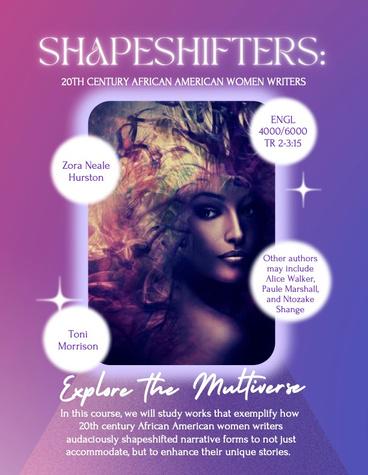
DR. SHIRLEY TOLAND-DIX
In this course, we will study works that exemplify how 20th century African American women writers audaciously shapeshifted narrative forms to not just accommodate, but to enhance their unique stories Even though access and possibilities for African American women authors expanded greatly over the course of the 20th century, they continue to face efforts to silence them. Nevertheless, from Zora Neale Hurston's incorporation of folklore into her novels to Toni Morrison's adaptations of magical realism to Octavia Butler's riveting science fiction narratives, the writers we will study have created works that showcase their bold imaginations and appeal to a wide array of national and international readers.
PHIL 2000: REASONING & CRITICAL THINKING
TBD
PHIL 2000 studies the intellectual skills crucial to evaluating arguments and to addressing both cognitive biases and informal fallacies.
PHIL 2010: INTRO TO PHILOSOPHY
DR. JASON GRAYPHIL 2010 offers an introduction to the methods of philosophical inquiry and a study of major topics in philosophy. Specific major topics are identified and explored by the instructor.
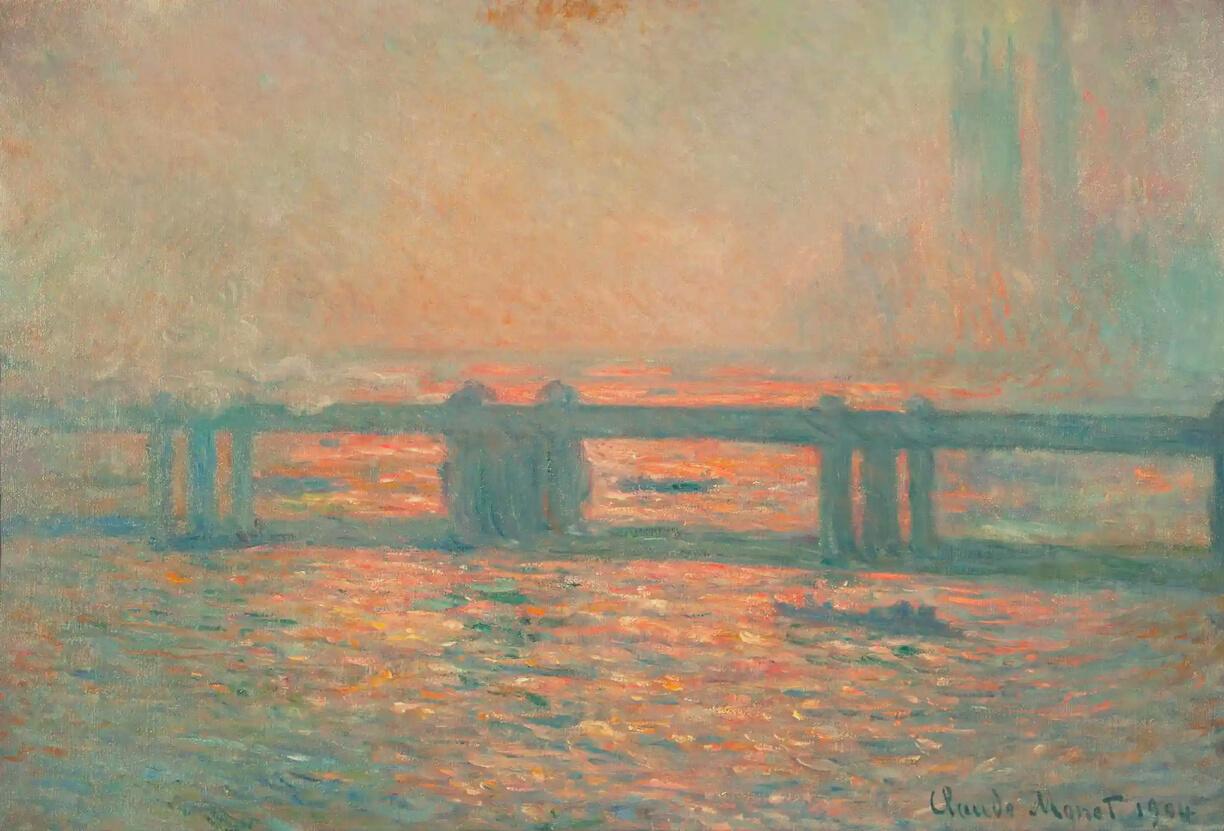
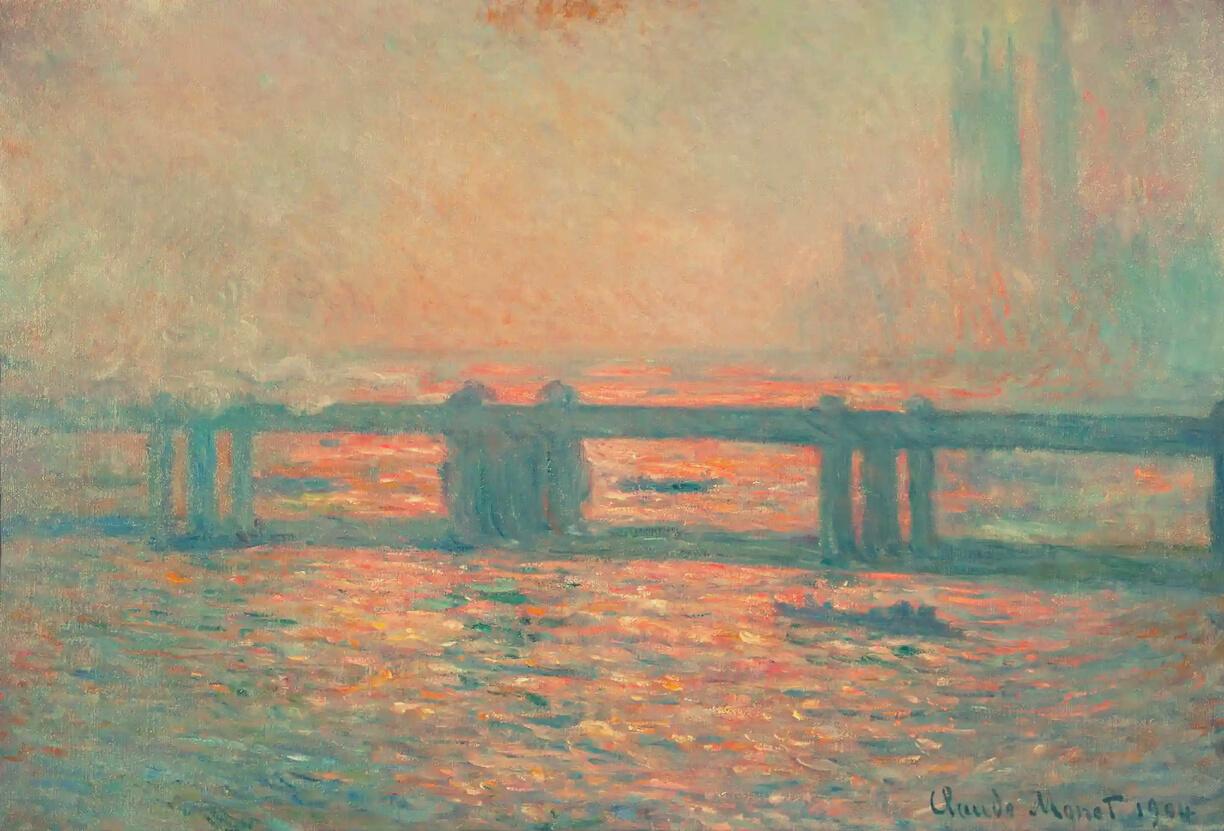
PHIL 2100: APPLIED ETHICS
DR. LUKE MANNING
PHIL 2100 provides a study of controversial social and moral problems such as abortion, euthanasia, capital punishment, and sexual morality Specific studies and themes determined by the instructor.
PHIL 2100: APPLIED ETHICS-MEDICAL ETHICS
DR. JASON GRAYThis is a course in ethical decision-making, focused on topics most relevant to healthcare professions Ethical decision-making requires us to consider and weigh different considerations and perspectives, and each situation presents new complications. In this class, you will learn several major perspectives and principles for evaluating right and wrong, as well as philosophical tools for reasoning carefully about complex issues. You will also learn how ethical principles play out in common professional issues, such as informed consent, and confidentiality, and human research In addition, you will learn how to think through complex topics such as abortion and euthanasia, as well as issues of justice in healthcare relating to sex, gender, race, and disability.
PHIL 2030: LOGIC DR. JASON GRAY
PHIL 2030 offers an introduction to formal methods for evaluating both deductive and inductive reasoning.
PHIL 2030 IS OFFERED ONSITE AND ONLINE.
STUDENTS CAN TAKE PHIL 2030 IN PLACE OF MATH REQUIREMENTS.
PHIL 4970/6970: PHILOSOPHY OF ART & LITERATURE DR. LUKE MANNING
What is art? What makes writing literature? How should we analyze and critically evaluate these works? How important are the creator’s intentions, feelings, socio-cultural context, or methods of creation? How important are the effects of the work and the way we respond to it? How important is the “content,” “meaning,” or “truth” of a work, compared to its form or other features? How do these questions relate to gender, race, class, and other socio-political issues? This course will explore such questions through several philosophical/theoretical approaches, pursuing a deeper understanding of the place of art and literature in our lives.
